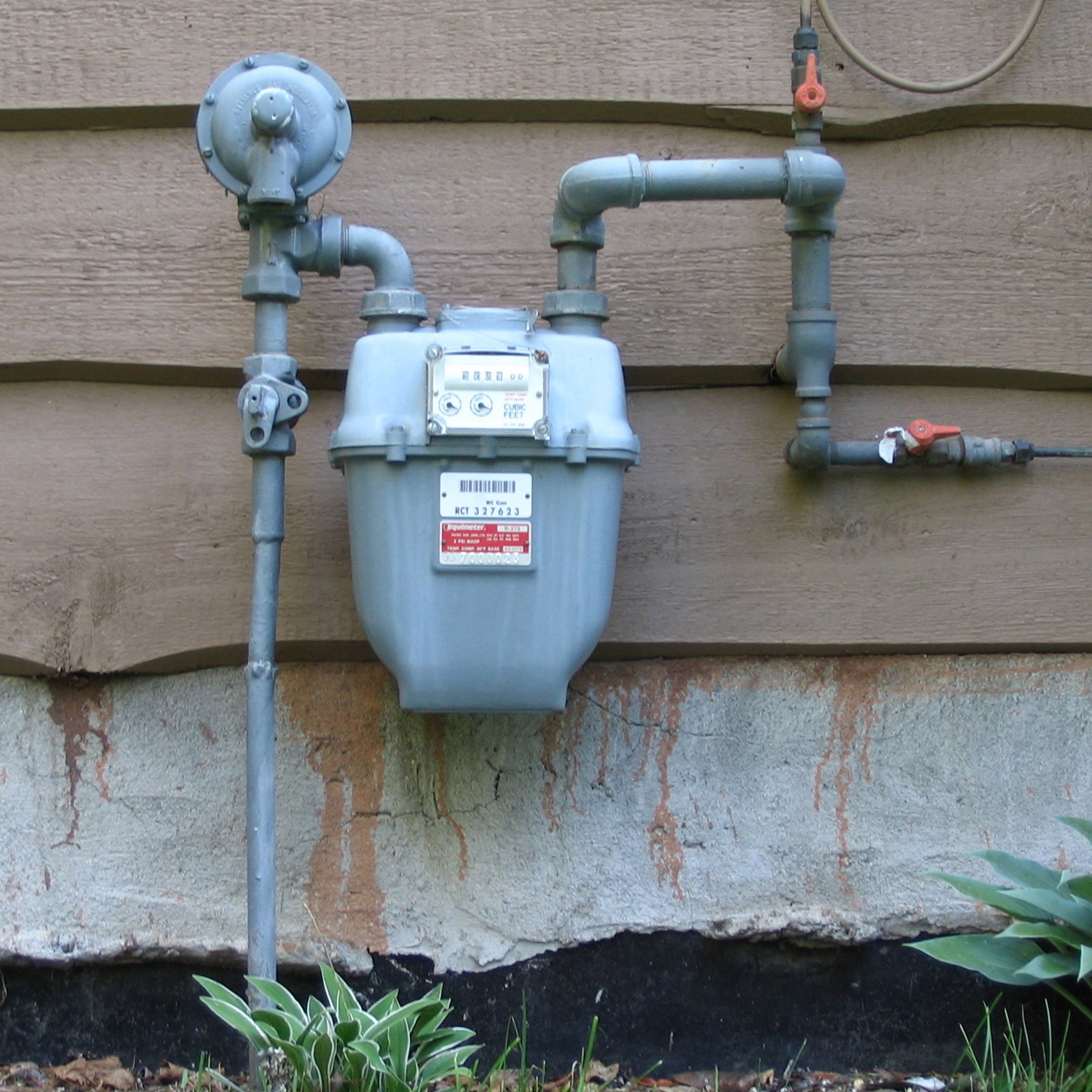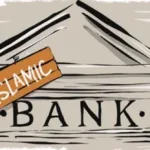The All Pakistan Textile Mills Association (APTMA) has called for increased transparency in the tariff structures of gas companies, urging the Oil and Gas Regulatory Authority (OGRA) to establish a comprehensive framework for the full disclosure, verification, and reconciliation of Unaccounted-for-Gas (UFG) and RLNG cost actualisation data.
According to a news report, the request was made ahead of a key tariff adjustment hearing for Sui Northern Gas Pipelines Limited (SNGPL) scheduled for Thursday.
In its intervention, APTMA stressed that OGRA must hold a public hearing and determine the final RLNG sale price before any recovery could be billed to consumers. The association pointed out that SNGPL issued RLNG actualisation invoices for July 2025—due in August—without prior adjudication, highlighting discrepancies in the regulatory process. OGRA had previously announced and revised the “actual RLNG sale prices” in December 2024 and March 2025, only issuing a public hearing notice in October 2025, which APTMA argues reversed the proper sequence of regulatory action.
APTMA has criticised OGRA’s delays in the RLNG price actualisation process and called for the withdrawal of the impugned bills, requesting that a fresh hearing be convened based on verified data. The association also highlighted that OGRA had failed to conduct the necessary monthly actualisations under the 2015 and 2016 federal policy guidelines.
The APTMA noted that retrospective recoveries were not only unreasonable but also commercially untenable, as industries had already factored in energy costs for goods sold locally and abroad. The association stressed that well-governed energy markets depend on timely tariff reconciliations and efficient cost management, warning that delays undermined regulatory credibility and efficiency.
A key area of contention is the allocation of UFG costs, which APTMA argues are unfairly charged to industrial consumers, especially in high-efficiency, low-loss networks. The current system, which applies a system-average UFG percentage to all consumers, is seen as inaccurate and methodologically flawed. APTMA urged OGRA to adopt a class- and pressure-based UFG benchmark, which would ensure cost-reflectivity and fairness.
Furthermore, APTMA called for the publication of detailed, audited UFG and RLNG data for the period between 2015 and 2022, as well as the introduction of a transparent process for future tariff determinations. The association proposed that OGRA implement a corrective glide path for missed timetables and publish month-wise cost workbooks to ensure greater accountability.
Discover more from Brackly News
Subscribe to get the latest posts sent to your email.



